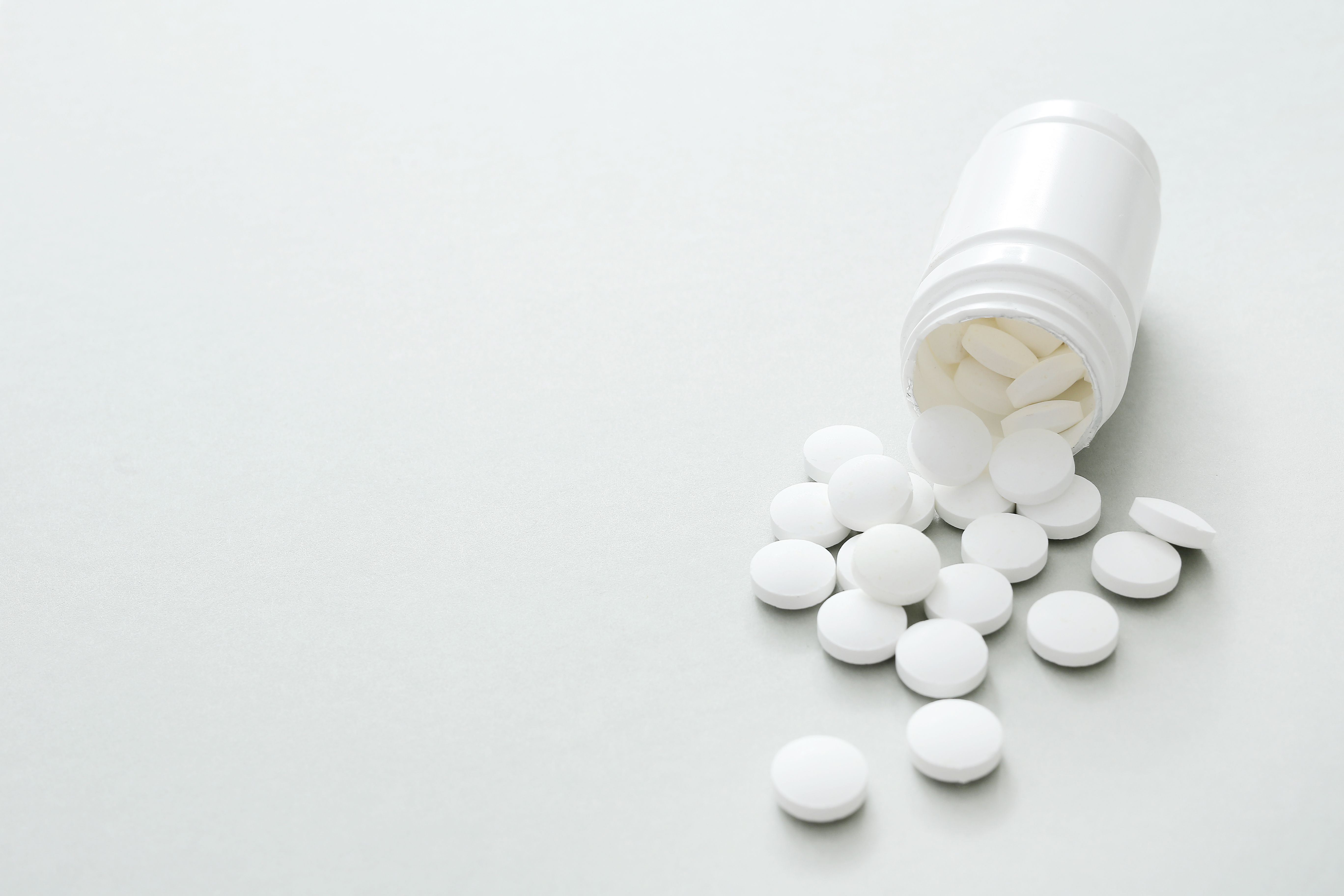
Did you know opioid misuse can cause a Sudden Cardiac Arrest?
Opioid-associated cardiac arrest is unique. It differs from cardiac arrest that is triggered by other causes, such as underlying heart disease – both in how the body is impacted and in the immediate medical treatment the victim needs.
We’ll explore how opioid overdose impacts body, its relationship to cardiac arrest, and how you can help someone you think may be experiencing an opioid overdose, including one that has triggered cardiac arrest.
Opioid misuse: a growing epidemic
The opioid epidemic has captured increased attention during the past several years as more Americans – over 2 million suffer from opioid use disorder, also knows as opioid addiction or dependence. Opioid overdose is a leading cause of death among Americans 25 to 64 years of age. Of the more than 100,000 drug overdose deaths in the U.S. in 2021, 75% were tied to opioids. Prescription painkillers, heroin, and synthetic opioids such as fentanyl, carry a high risk for overdose. The risk increases when opioids are combined with alcohol or other toxic substances.
How opioid overdose impacts the body and causes cardiac arrest
In many cardiac arrest cases triggered by an underlying heart problem, the brain and other organs become starved of oxygen and begin to die within a few minutes because the heart has stopped pumping blood. With opioid cardiac arrest, damage to the brain and other organs can begin prior to cardiac arrest. Here’s why.
Opioid overdose decreases the body’s breathing ability, causing it to take in less oxygen than it needs. The lack of oxygen can damage the brain and other organs. It can also cause irregular heartbeats, called arrhythmias, including those that lead to cardiac arrest.
Helping someone who’s experiencing an opioid overdose, cardiac arrest
Opioid overdose victims are commonly treated with naloxone, a drug commonly known by the brand name Narcan. It helps to restore a person’s breathing within a few seconds or minutes.
Naloxone use is increasingly common, both among emergency responders and the public. The nasal spray version of the drug is easy to use and available to the public. Simple training can prepare you to properly use naloxone, and it only affects a person who’s overdosed on opioids. You can’t harm a person by giving them the drug; you can only help.
A person experiencing an opioid overdose may also be in cardiac arrest. The American Heart Association recommends administering CPR to a person who is unconscious, has no detectable pulse, and isn’t breathing. You can use naloxone along with CPR and an AED (automated external defibrillator), for a person in cardiac arrest caused by opioid overdose.
Hands-only CPR, or chest compressions is recommended for a person experiencing opioid overdose induced cardiac arrest.
As when responding to any medical emergency, immediately call 911 – leaving the speaker on – before you start to deliver support. The dispatcher can provide you with instructions while emergency responders are on their way.
A need for more education and training
Increased public awareness of the signs of opioid overdose and cardiac arrest are needed, as is increased training on bystander response. Becoming educated on opioid use disorder, learning how to administer naloxone and CPR, and how to use an AED, could help you save a life.
At Starting Hearts, we can provide you with specific training for making a life-saving difference.
Contact us for more information: info@startinghearts.org
Nathelia Bim is a nurse practitioner based in California
